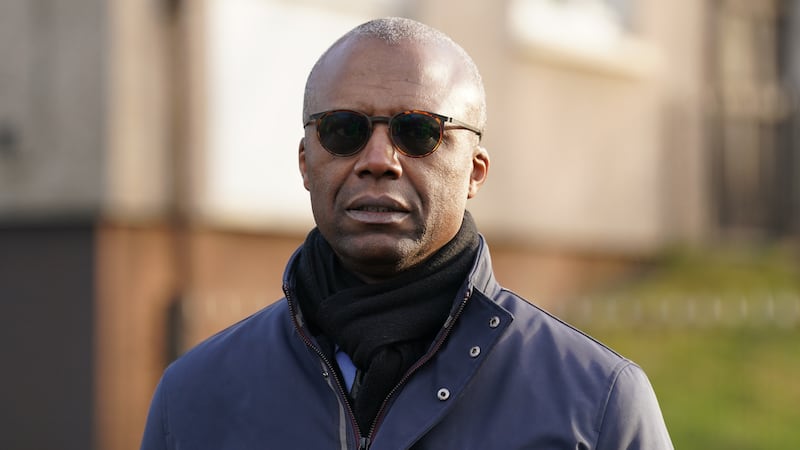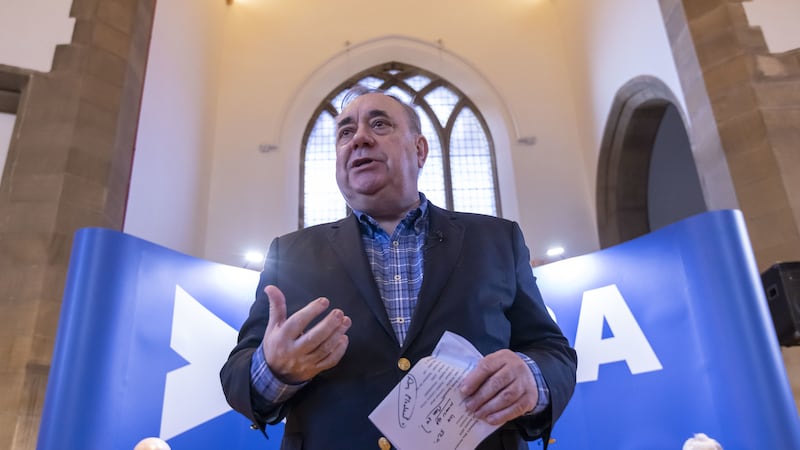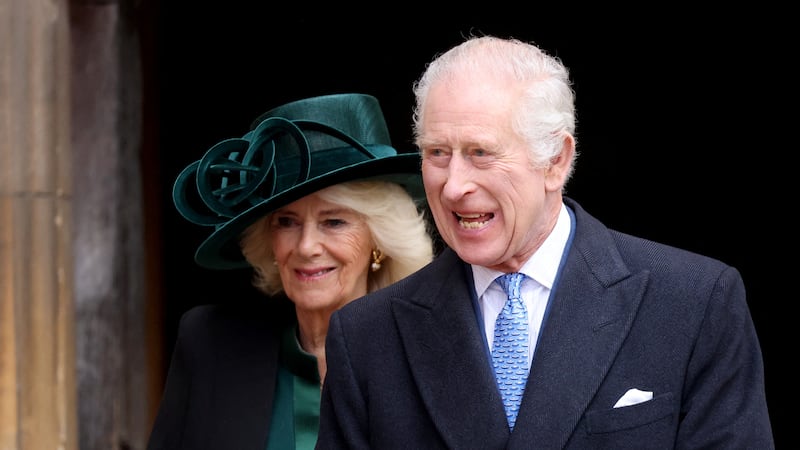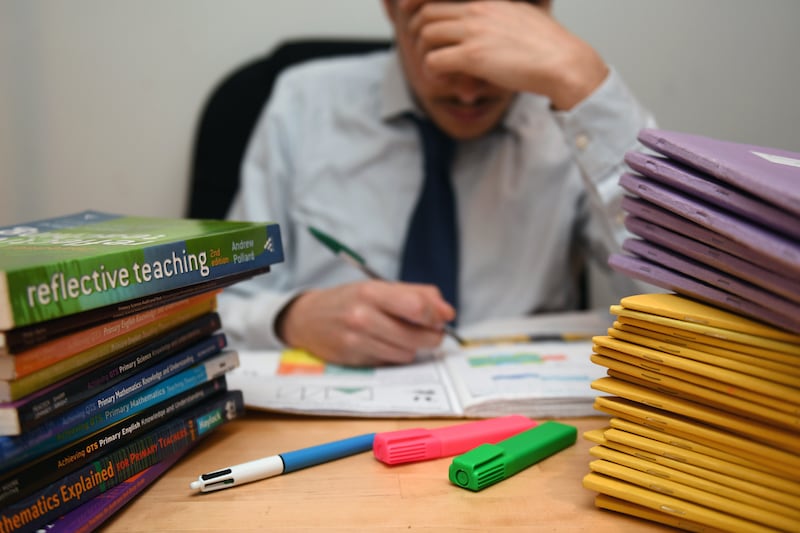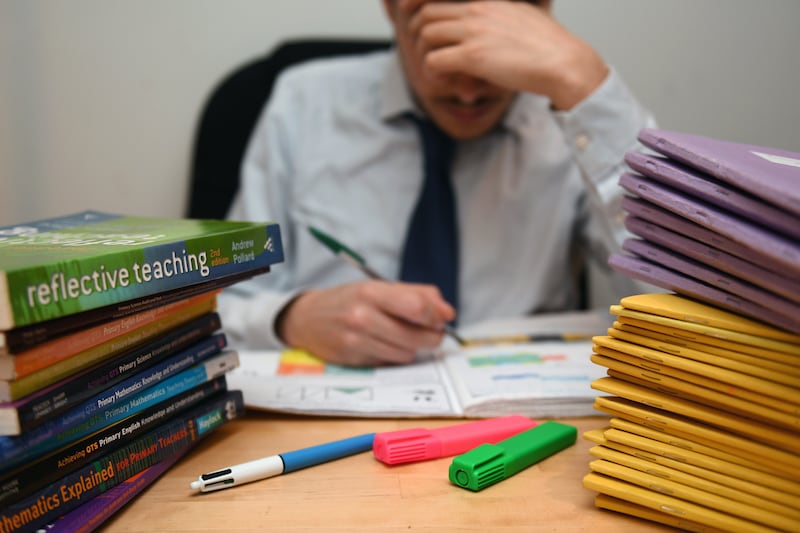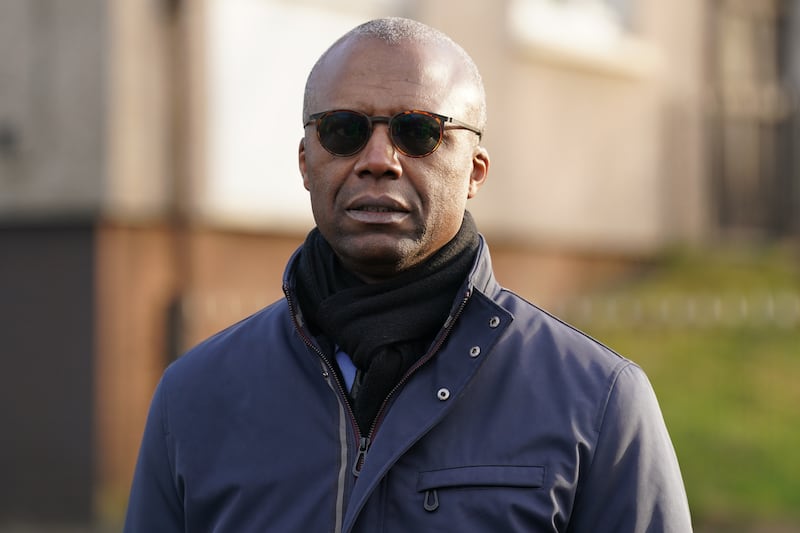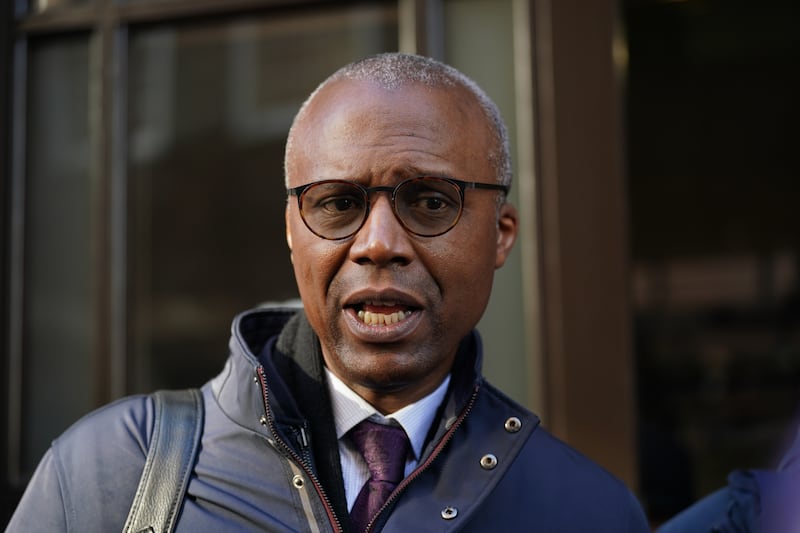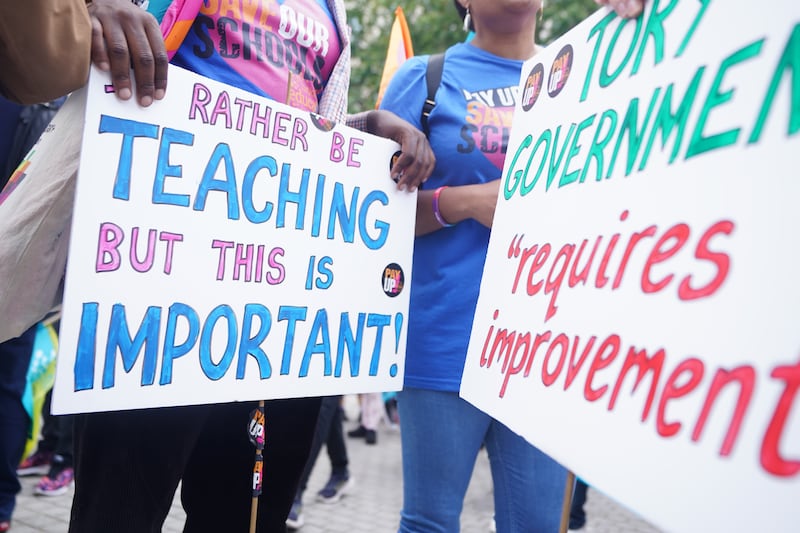Change for teachers and children can only come from a new government committed to delivering a “new deal” for the profession, a union chief has said.
Patrick Roach, general secretary of the NASUWT teaching union, accused the Conservative Government of giving up on a number of key issues facing young people and teachers which had led to “neglect and decline”.
Delegates at the NASUWT’s annual conference passed a motion on Saturday which called for political campaigning to “take priority over industrial action”.
A new deal for teachers will only be secured when there is a government “on the side” of teachers, the union said.
It comes after 78% of NASUWT teacher members in England who took part in a consultative ballot voted against holding a formal ballot for industrial action over pay and working conditions.
"The teachers I meet have an unshakeable belief and optimism for their pupils.
"They may sometimes feel let down, but they are never defeated and they never give up on their students." @PatrickR_NASUWT pays tribute to the amazing work teachers do as he addresses #NASUWT24 pic.twitter.com/jVBg25krzr
— NASUWT (@NASUWT) March 30, 2024
In a speech to the union’s annual conference in Harrogate, North Yorkshire, Dr Roach said: “2023 was a year of action, but this must be the year of change.
“And the change that our members want can only come from a new government that is committed to delivering a new deal for teachers and a new deal for children’s education.”
Speaking to the media at the annual conference about the results of the consultative ballot, Mr Roach said: “The national action that is important is securing a change of government.”
He added: “Our members’ assessment is: actually, what is needed right now is political change.
“That is the reason why we’re committing to that campaign to actually secure that change of government. We’ve got to educate people the length and breadth of the country about what’s happening to children’s education.
“Frankly, children, particularly the most vulnerable, are losing out. They’re missing out on what should be their rights and entitlements. And what we’re saying is, that has to change.”
Mr Roach said the union plans to “engage with parents” about their concerns as part of its political campaigning ahead of the general election.
When asked by the PA news agency whether it could be easier for the union to get parents on side if industrial action is off the cards, he said: “I believe it will be.”
When asked whether strikes by NASUWT members are unlikely this academic year, Mr Roach said: “We’ve seen this before where the summer term and exemptions have been granted, left, right and centre, because nobody wants to upset children’s education and their terminal examinations and our members don’t want to.”
He added: “Our members have weighed that up and their priority right now is not about causing more disruption to lives that are already in tumult, but actually saying we need a government that’s on the side of teachers and on the side of children and young people.”
A motion, passed by delegates at the conference, called on the NASUWT executive to utilise political and educational resources “to mobilise members” to secure a government committed to delivering a new deal for teachers.
The NASUWT leader called on the Government to stop holding children and teachers “to ransom” and to call the general election.
Addressing delegates in a speech on Saturday, Mr Roach said: “In the last 14 years, this government has shown not one shred of care or concern for the teaching profession.
He added: “This Government has run out of time to fix the problems of 14 years of neglect and decline.
“Underfunding, chronic teacher shortages, crumbling buildings. This Government has given up.”
On Friday, the National Education Union (NEU), the largest education union in the UK, said it will consider its next steps at a special executive meeting on Tuesday after an overwhelming majority of its teacher members in England and Wales, who took part in a preliminary ballot, said they would strike to secure an above-inflation pay rise and further funding for staffing.
Any appropriate recommendations will be put to the NEU’s annual conference in Bournemouth next week and voted on by delegates in the subsequent days.
Last month, the Department for Education said in evidence to the STRB that teachers’ pay awards should “return to a more sustainable level” after “two unprecedented years”.
In July last year, the Government agreed to implement the STRB’s recommendation of a 6.5% increase for teachers in England, and co-ordinated strike action by four education unions was called off.
A Department for Education spokesperson said: “The independent STRB is currently considering evidence for this year’s pay award. We are pleased that NASUWT have not voted to proceed with a formal ballot for industrial action.
“This decision will allow pupils to avoid further disruption to their learning and get the time in the classroom that they need to fulfil their potential.
“The plan is working and we are delivering for teachers, with overall school funding rising to £60.7 billion in 2024/25, its highest-ever level in real terms per pupil, and two historic pay awards totalling over 12% on average in just two years.”
